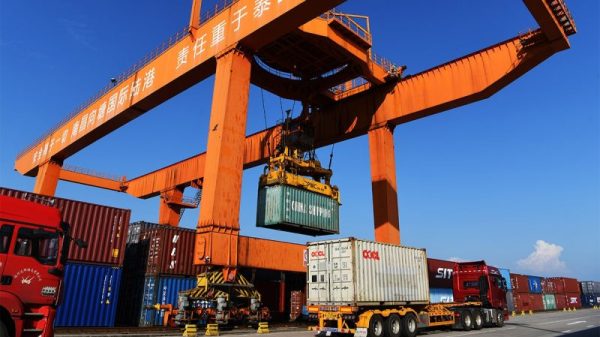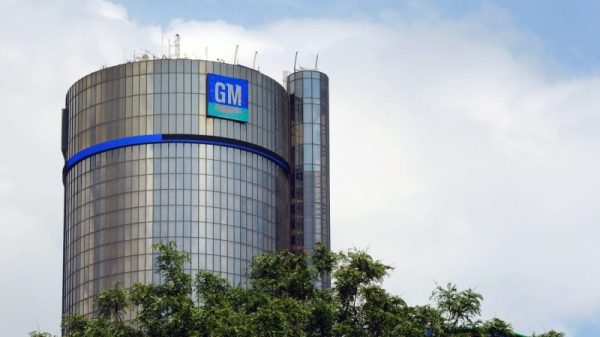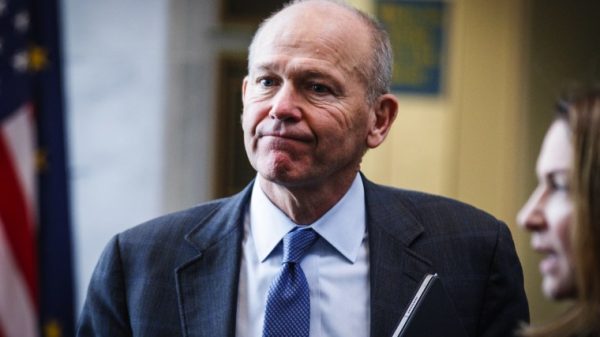 Breaking up a large company like CVS can be risky for a number of reasons.
Breaking up a large company like CVS can be risky for a number of reasons.
1. Regulatory Concerns: Large-scale corporate divestitures often invite scrutiny from regulatory agencies. These agencies might place restrictions or impose hefty fines if they believe that the breakup would harm competition or lead to an abuse of market power.
2. Operational Challenges: Breaking up a company can disrupt business operations and impact performance. It would require the management to invest substantial time and resources, potentially diverting them away from other important strategic initiatives.
3. Financial Risks: Dividing a conglomerate into separately listed entities could have significant financial implications. Shared resources and economies of scale could be lost, financial stability might be compromised and each new entity might face financial risks independently.
4. Talent Retention: In times of such major changes, there might be uncertainty among employees about job security or future direction of the business, leading to loss of key talent.
5. Brand Equity: CVS has built strong brand equity over the years, and a breakup could dilute this and potentially impact customer loyalty.
6. Market Reaction: The idea of a potential breakup could stir uncertain reactions from investors and shareholders, affecting its share price.
7. Loss of Synergies: If businesses are highly intertwined, breaking them up might result in the loss of synergies that can contribute to economies of scale and competitive advantage.
While these risks certainly exist, the decision to break up can also bring along potential benefits. It can provide an opportunity for each new



































